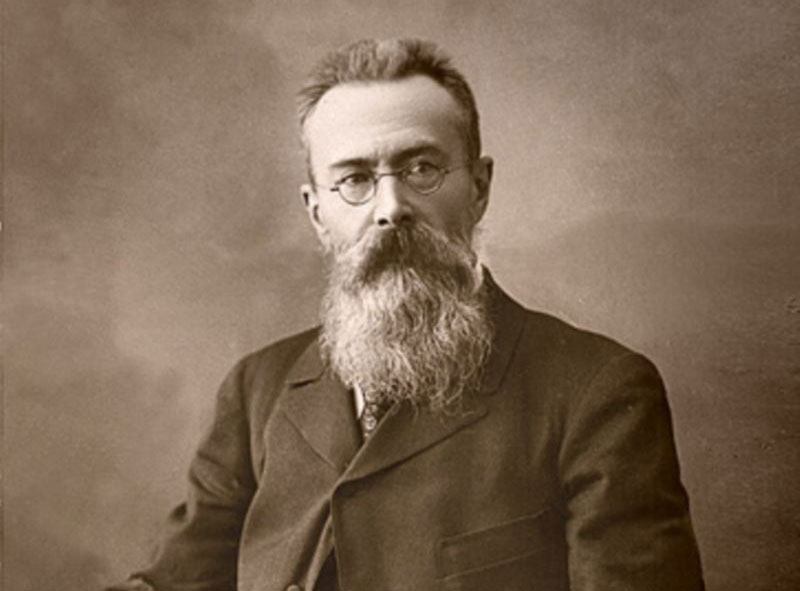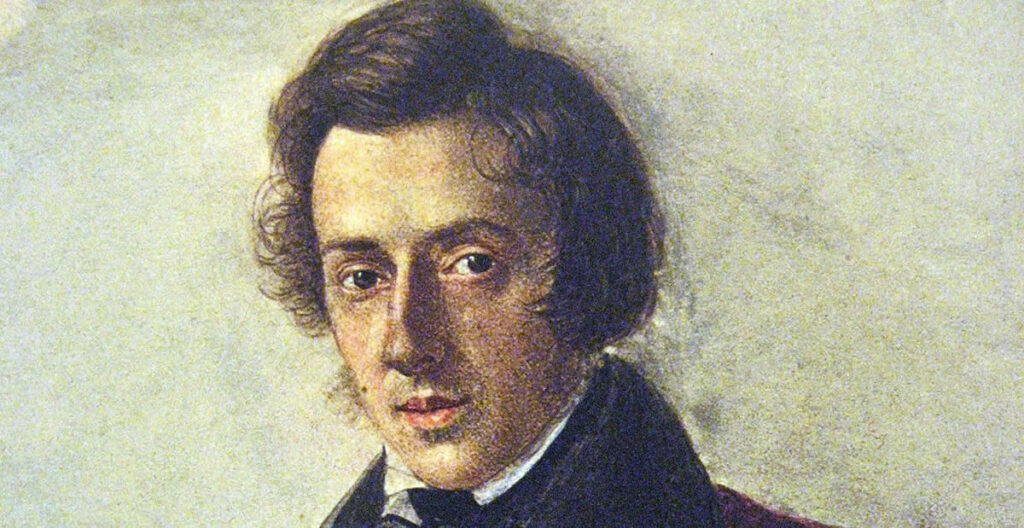
Korsakov – Scheherazade, Op. 35
Among the glittering gems of Russian orchestral music, Scheherazade, Op. 35 stands out as a dazzling example of musical storytelling and orchestral color. Composed by[…]

Verdi – Nabucco
When we think of the great Italian operas that shaped the 19th century, Nabucco by Giuseppe Verdi stands out not only as a musical masterpiece[…]

Verdi – Il trovatore
Il trovatore (The Troubadour), one of Giuseppe Verdi’s most powerful and enduring operas, premiered on January 19, 1853, at the Teatro Apollo in Rome. With[…]

Verdi – Rigoletto
Rigoletto is one of the most celebrated operas in the history of classical music, composed by the great Italian maestro Giuseppe Verdi. Premiered in 1851,[…]

Verdi – Don Carlos
Don Carlos, one of Giuseppe Verdi’s most ambitious and complex operas, stands as a monumental work in the history of classical music. Composed during a[…]

Verdi – Falstaff
Falstaff, Giuseppe Verdi’s final opera, stands as a triumphant farewell from one of the greatest composers in the history of classical music. Premiered in 1893[…]

Verdi – Otello
Otello, composed by Giuseppe Verdi, stands as one of the most powerful and emotionally intense operas in the history of classical music. Premiered in 1887,[…]

Verdi – Aida
Giuseppe Verdi’s opera Aida is one of the most celebrated works in the history of classical music and opera. With its dramatic plot, exotic setting,[…]

Frédéric Chopin: The Poet of the Piano
Frédéric François Chopin (born Fryderyk Franciszek Chopin; March 1, 1810 – October 17, 1849) was one of the most influential composers and virtuoso pianists of[…]

Verdi – La traviata
La Traviata, one of the most beloved operas of all time, is a poignant tale of love, sacrifice, and societal pressure. Composed by the legendary[…]